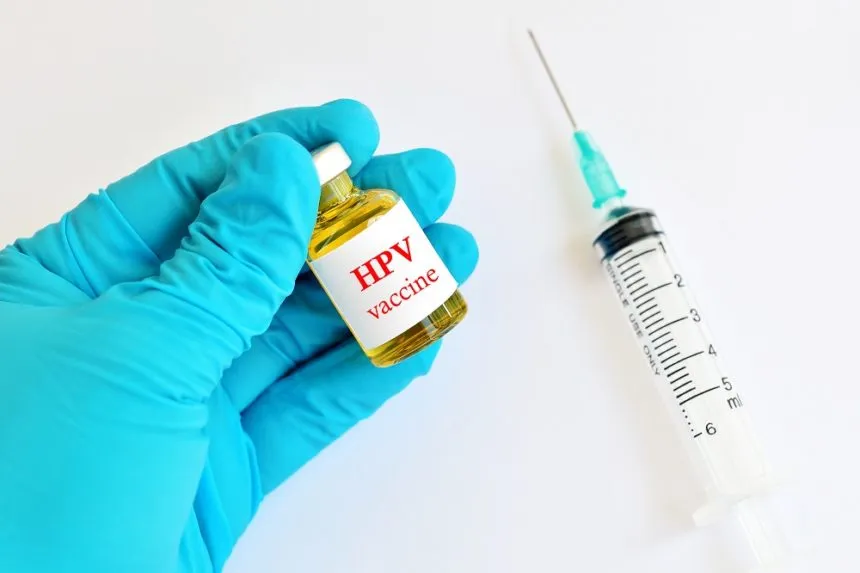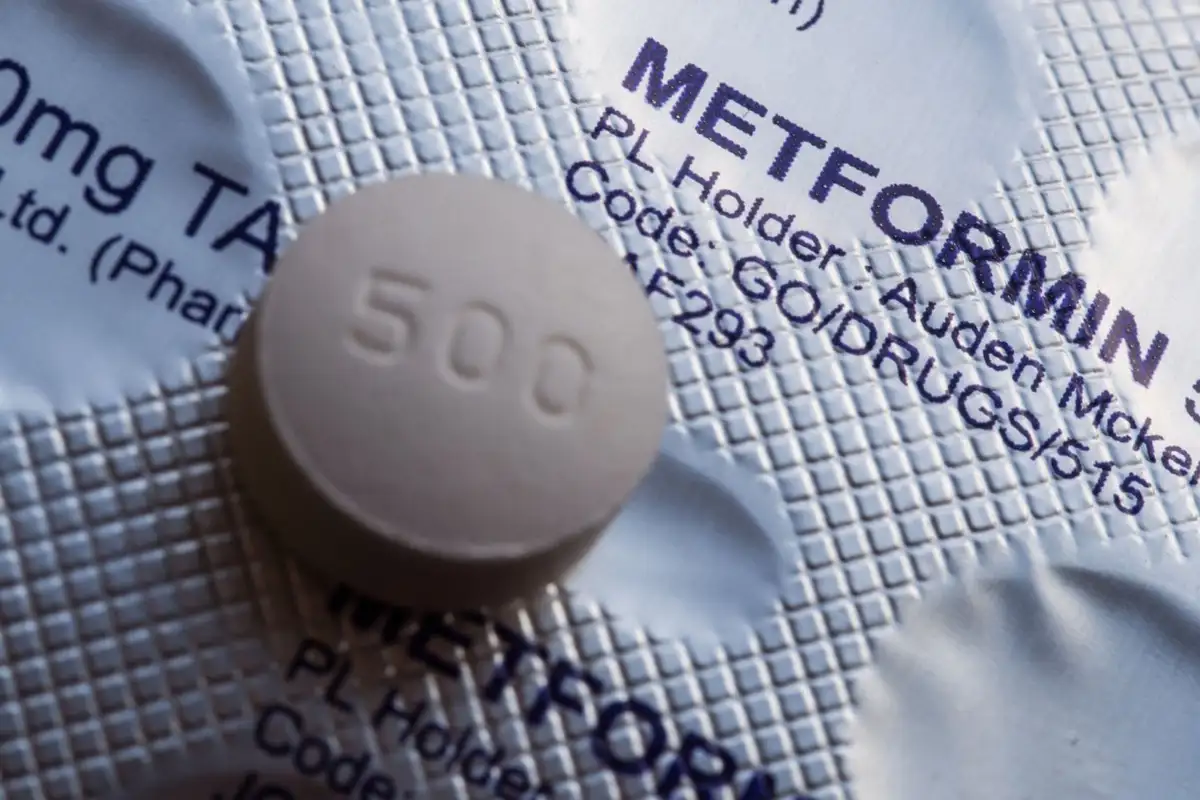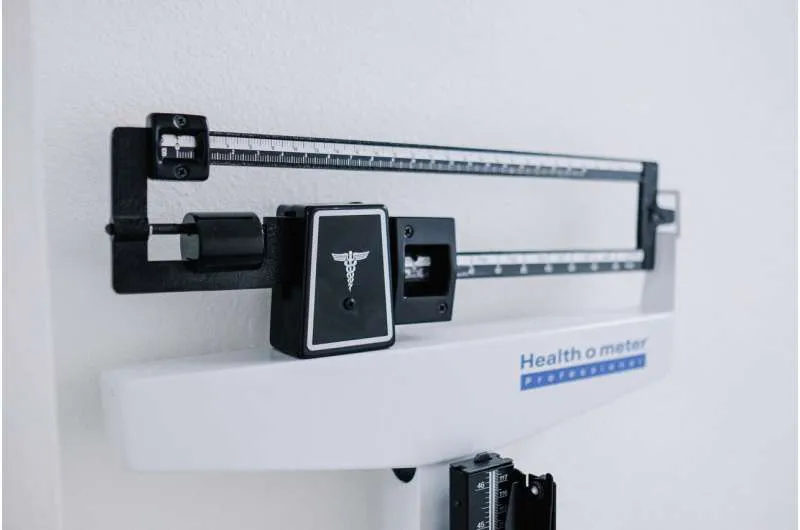Common Anxiety Drug Recalled for ‘Possibly Life-Threatening’ Labeling Error: What You Need to Know
In the world of pharmaceuticals, patient safety is a top priority, and labeling errors are among the most serious issues that can arise. Recently, a common anxiety medication was recalled due to a potentially life-threatening labeling error. This issue has raised alarm among healthcare professionals, patients, and regulatory bodies, prompting discussions on the importance of proper labeling and the consequences of such errors.
The medication in question, a widely prescribed drug for the treatment of anxiety disorders, was found to have incorrect dosage instructions or warnings on its packaging. As a result, patients who rely on the drug for symptom management were at risk of dangerous side effects or ineffective treatment. In this article, we will explore the details of this recall, its potential impact on patients, and the broader implications for the pharmaceutical industry.
Understanding the Role of Anxiety Medications
Anxiety disorders are among the most common mental health conditions globally, affecting millions of individuals across various age groups and backgrounds. Symptoms of anxiety can range from mild to severe, and they can significantly impair an individual’s ability to function in daily life. The medications used to treat anxiety are crucial in helping patients manage their symptoms and improve their quality of life.
Common Types of Medications for Anxiety
There are several types of medications commonly prescribed for the treatment of anxiety disorders, including:
- Benzodiazepines: These are fast-acting medications that help reduce anxiety by calming the central nervous system. Common examples include alprazolam (Xanax), diazepam (Valium), and lorazepam (Ativan). While effective in the short term, these medications come with the risk of dependence, tolerance, and withdrawal symptoms, which is why they are typically prescribed for short periods.
- Selective Serotonin Reuptake Inhibitors (SSRIs): These are often prescribed for long-term management of anxiety and depression. SSRIs such as sertraline (Zoloft), escitalopram (Lexapro), and fluoxetine (Prozac) work by increasing serotonin levels in the brain, which helps regulate mood and anxiety.
- Buspirone: This medication is specifically used for generalized anxiety disorder (GAD) and works by affecting serotonin receptors in the brain. It is considered a safer alternative to benzodiazepines for long-term use because it does not carry the same risks of dependence or sedation.
- Beta-blockers: These are used to manage physical symptoms of anxiety, such as rapid heart rate and trembling. They are not typically used for long-term anxiety management but can be helpful in situations where acute anxiety is experienced, such as before a public speaking event.
The drug recalled due to the labeling error falls within this category of anxiety medications and is widely used to treat individuals suffering from generalized anxiety disorder (GAD) and other anxiety-related conditions.
The Labeling Error and Its Impact
The medication involved in the recall was found to have a labeling issue that could lead to potentially dangerous consequences. The error in question involved incorrect dosage information, inadequate warnings about potential interactions with other medications, or missing contraindications that could lead to adverse reactions.
How a Labeling Error Occurs
Pharmaceutical companies are required to provide detailed information on drug labels, including the correct dosage, warnings, side effects, and potential drug interactions. These labels are crucial for ensuring that healthcare providers and patients use the medication safely and effectively. Labeling errors can occur at various stages of production, from the manufacturing process to packaging and distribution.
In this case, the labeling error may have resulted from miscommunication between different departments within the company or an oversight during the review process. Regardless of the cause, the error put patients at risk by potentially leading them to take incorrect doses or fail to recognize serious drug interactions that could be harmful.
Possible Consequences for Patients
For patients using the recalled medication, the potential consequences of taking the drug with incorrect labeling could be severe. Some of the risks include:
- Overdose or Underuse: Incorrect dosage instructions could lead patients to take too much or too little of the medication. An overdose can lead to symptoms such as sedation, dizziness, confusion, or even respiratory depression. Conversely, taking too little of the medication may result in inadequate symptom control, leaving patients vulnerable to anxiety attacks or other distressing symptoms.
- Adverse Drug Interactions: If the medication’s label did not properly warn about possible interactions with other drugs, patients may unknowingly combine medications that could lead to dangerous side effects. For example, certain anxiety medications can interact with antidepressants, alcohol, or other sedatives, increasing the risk of severe sedation, respiratory issues, or heart problems.
- Exacerbation of Mental Health Symptoms: In some cases, if patients do not follow the correct dosage instructions, their anxiety symptoms may worsen. Incorrect treatment could lead to heightened levels of stress, anxiety attacks, or difficulty managing daily tasks.
- Risk to Vulnerable Populations: Certain groups, such as the elderly, pregnant women, or those with pre-existing health conditions, may be at greater risk from the labeling error. Misuse of the drug could lead to complications for these vulnerable individuals, making it imperative for healthcare providers to monitor usage carefully.
The Recall and Public Health Response
The pharmaceutical company responsible for the medication recall acted swiftly to remove the affected batches from the market. The company issued a statement outlining the issue, provided instructions for patients to return any affected products, and offered guidance on how to safely transition to alternative treatments.
Regulatory Involvement
The recall of the medication was prompted by an investigation by the Food and Drug Administration (FDA) or equivalent health authority, which flagged the labeling error as a significant safety concern. Once the error was identified, regulatory agencies worked closely with the company to ensure that all affected products were removed from the market and that patients were informed about the potential risks.
The FDA also issued a public warning, advising healthcare providers and patients to check the medication labels and be alert to any signs of adverse reactions. In addition, healthcare providers were encouraged to contact patients who had been prescribed the affected drug to ensure their safety and provide alternative treatment options.
Alternative Treatments and Management
For patients who were using the recalled anxiety medication, it was crucial to seek medical guidance to transition to alternative treatments. Healthcare providers typically recommend switching to other medications, such as SSRIs or buspirone, depending on the patient’s medical history, anxiety symptoms, and other factors.
In addition to pharmaceutical treatments, patients were advised to explore non-pharmacological approaches to managing anxiety, such as:
- Cognitive Behavioral Therapy (CBT): This evidence-based therapy helps patients identify and challenge negative thought patterns that contribute to anxiety. CBT has been shown to be effective for many individuals with anxiety disorders, either on its own or in combination with medication.
- Mindfulness and Meditation: Practices such as mindfulness meditation and deep breathing exercises can help reduce anxiety by promoting relaxation and enhancing emotional regulation.
- Lifestyle Changes: Regular physical exercise, a balanced diet, and adequate sleep are essential for managing anxiety and maintaining overall mental health.
Lessons Learned and Industry Impact
The recall of this anxiety medication highlights the importance of rigorous quality control measures in the pharmaceutical industry. Even small errors in labeling can have significant consequences for patient safety, making it crucial for pharmaceutical companies to implement comprehensive review processes at every stage of production.
Improved Labeling Standards
In response to the recall, it is expected that both the pharmaceutical company and regulatory bodies will review labeling procedures to ensure greater accuracy and safety. Enhanced training for staff involved in packaging, labeling, and quality control will likely be instituted to prevent similar errors in the future.
Increased Patient Vigilance
This incident also serves as a reminder for patients to remain vigilant when taking any medication, particularly prescription drugs. Patients should always double-check medication labels, confirm the prescribed dosage with their healthcare provider, and be aware of potential side effects or drug interactions. If there is ever any doubt about the accuracy of a prescription or medication, patients should consult their healthcare provider immediately.
The recall of a common anxiety medication due to a labeling error underscores the critical importance of patient safety and proper medication management. While the pharmaceutical company acted swiftly to address the issue, the incident serves as a reminder of the potential risks associated with incorrect drug labeling.
For patients affected by the recall, it is essential to follow the guidance of healthcare providers and transition to alternative treatments as necessary. This incident also highlights the need for ongoing vigilance in the pharmaceutical industry to ensure that medications are safe, effective, and accurately labeled.
As we move forward, the lessons learned from this recall may lead to improved safety protocols and better patient education, ultimately helping to prevent similar issues in the future.




















